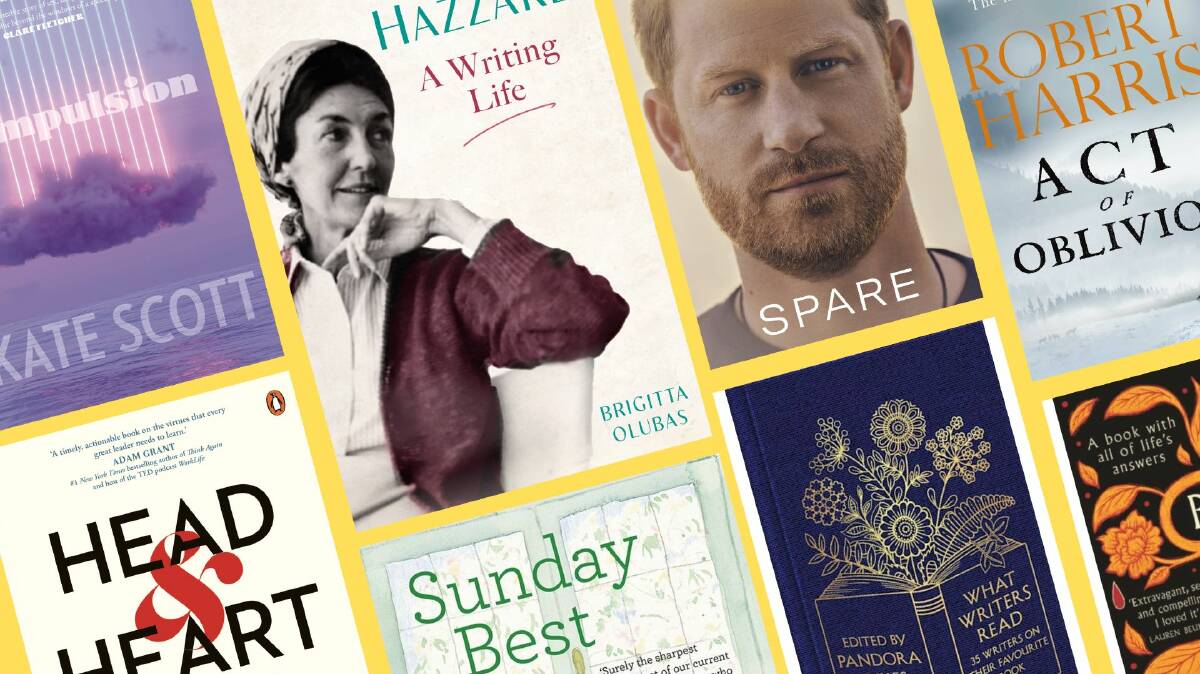
Even those expat writers who crossed the pond, never to return, can still be retained as one of our own - Shirley Hazzard being a case in point. By the same token, Brits may well be clamouring to have their own Prince Harry renounce his citizenship once and for all. And all of us could benefit from a lesson in modern leadership, like the one from Kirstin Ferguson.
Subscribe now for unlimited access.
or signup to continue reading
You can find all the books we've reviewed this week below. And I welcome your thoughts and feedback on what we've been reading. You can reach me by email at sally.pryor@canberratimes.com.au.
The prince spares only himself
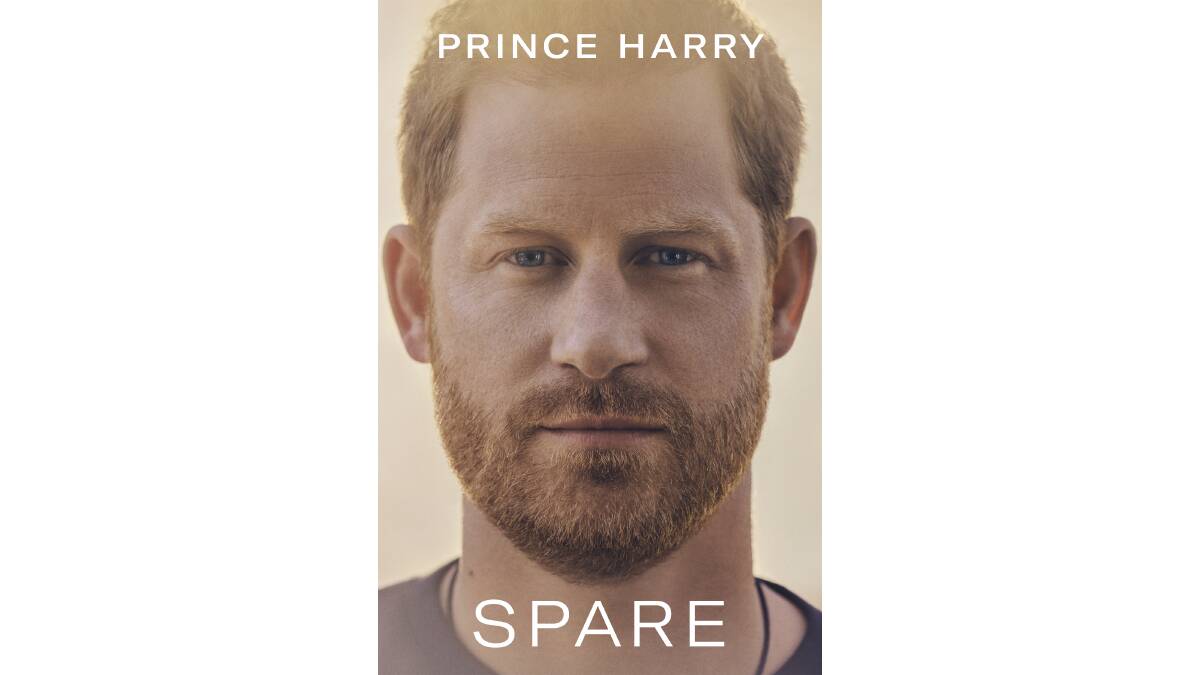
Look, it's been done to death, but here's one more particularly scathing - some would say unsparing - review of Prince Harry's ludicrous tome, Spare, in which he bemoans the predicament into which he was born. Poor Harry!
Or not, as our disdainful reviewer Amy Walters spells out.
"Mostly, the book is a rebuttal of every major news story ever confected about him," she says.
"At over 400 pages, this deeply egocentric perspective makes for a profoundly boring read." Zing! Full points to Amy for getting through it, so we don't have to.
A diamond in the rough of books on leadership
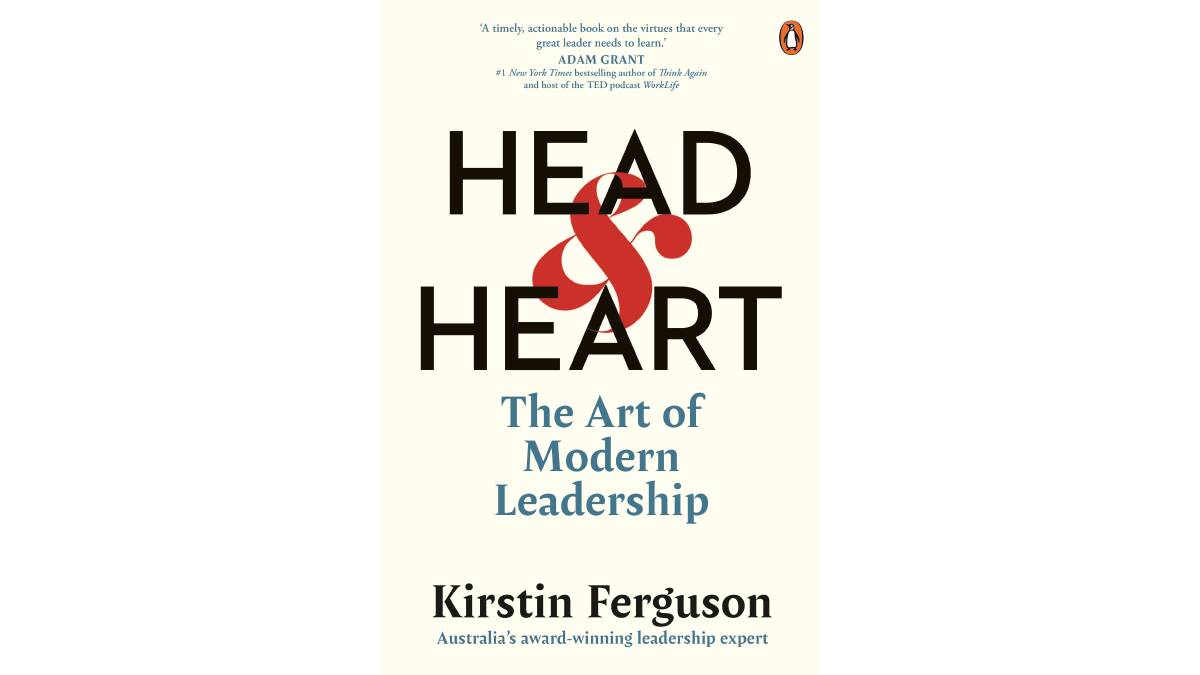
There may well be many thousands of books on leadership flooding the market, but that doesn't mean where isn't always room for one more, especially one that actually gets to the heart of the matter.
Kirstin Ferguson's Head & Heart: The Art of Modern Leadership combined considered judgements based on years of experience with divergent points of view.
"Both Ardern and Zelenskyy set the bar high, but Ferguson is quick to include an extensive and eclectic selection of other stories and personalities to illustrate her points," writes Mark Thomas.
Piecing together a literary life
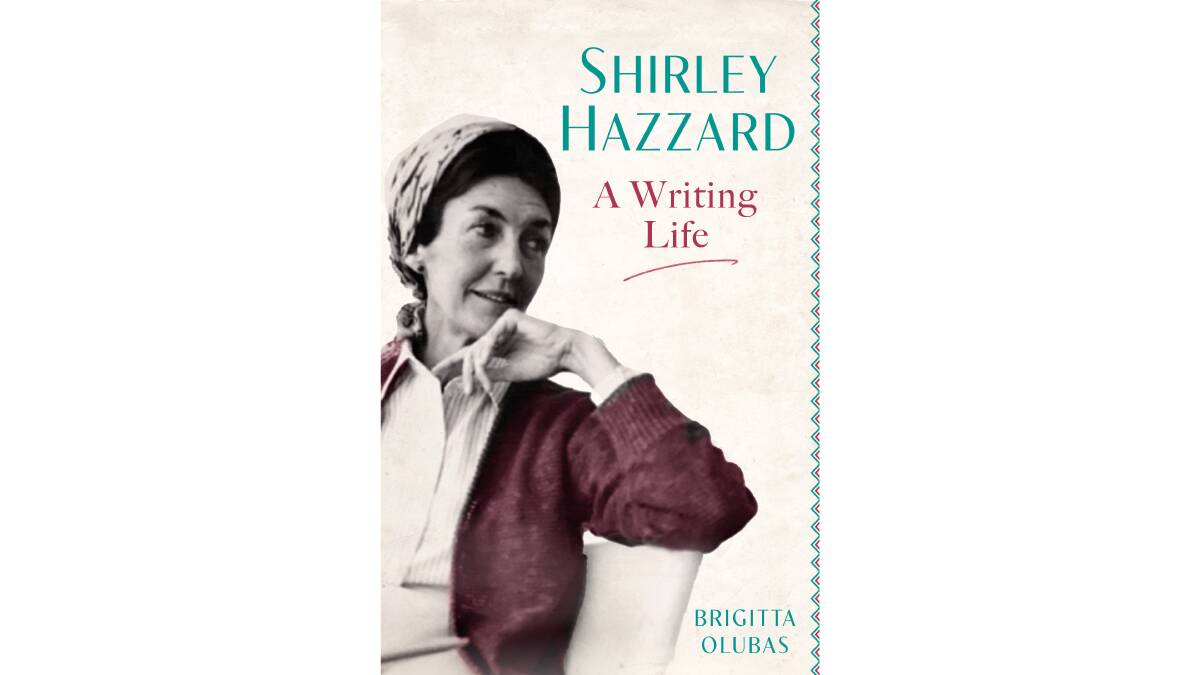
Reviewer T.J. Collins finds this account compelling, mainly because it delves deeply into Hazzard's writing process.
Olubas does do a fine job illuminating the life experiences that inspired Hazzard's fiction, and nowhere is the intersection between art and life more apparent than in her examination of the doomed romance between Hazzard and Alexis Vedeniapine - a romance retold in The Great Fire," he writes.
Soundtracking young adulthood with a cool distance
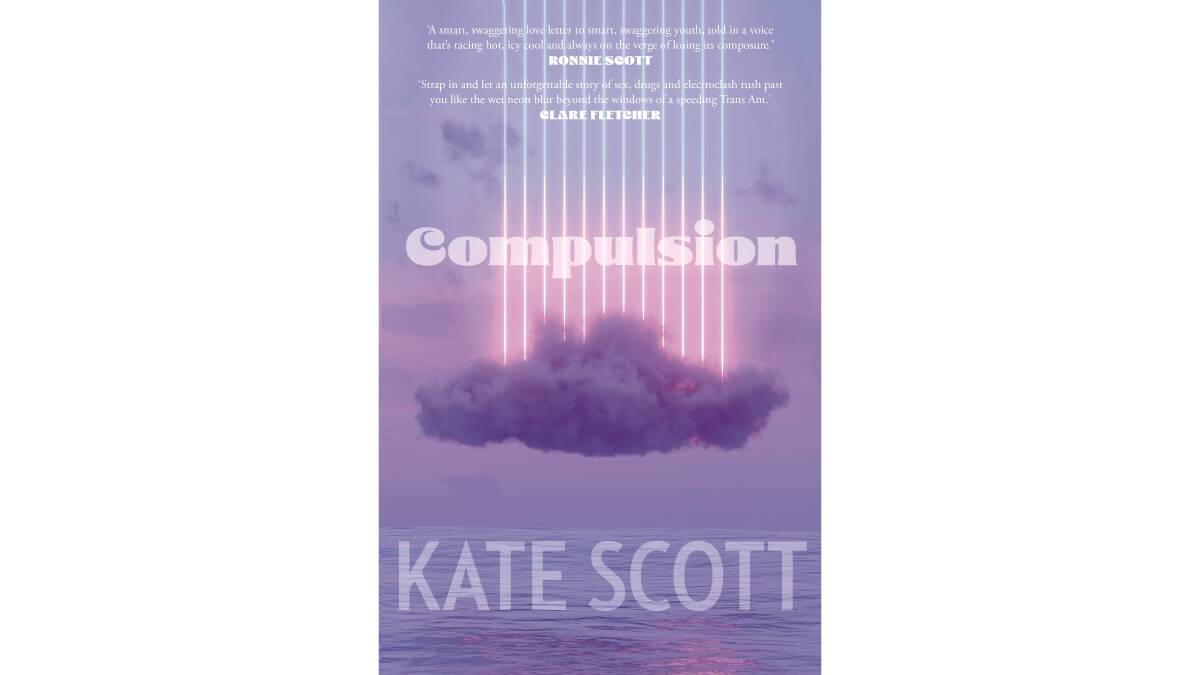
Kate Scott was probably one of those effortlessly cool types at parties, the ones who know the lyrics and song names, and the characters in her new novel, Compulsion, are similarly enigmatic.
Reviewer Jasper Lindell is bemused at some of the dialogue between the book's moody young protagonists, not least because it requires its own bibliography.
"The dialogue is laden with philosophical flourishes, but clever young people do really talk like that, sometimes at painful lengths," he writes.
Bringing to life a chaotic period
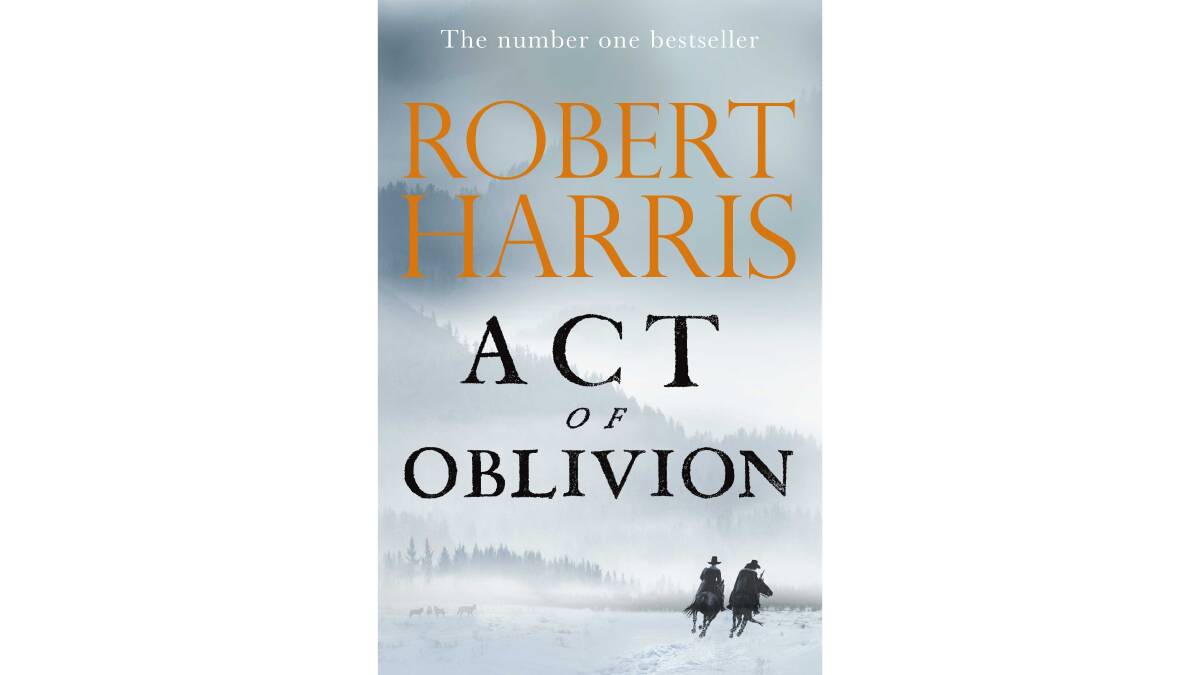
Why have there not been more books about the English Civil War and its aftermath? Robert Harris, writer of historical fiction, has often wondered this, and has turned his own hand to the task with Act of Oblivion.
And the result is a particularly invigorating read, according to review Anna Creer.
"Act of Oblivion brings to life a chaotic time in English history," she writes.
"It is an extraordinary story of stoicism and persistent self-belief, full of moral nuances, told by a master storyteller."
How to stage a powerful sexual literary thriller
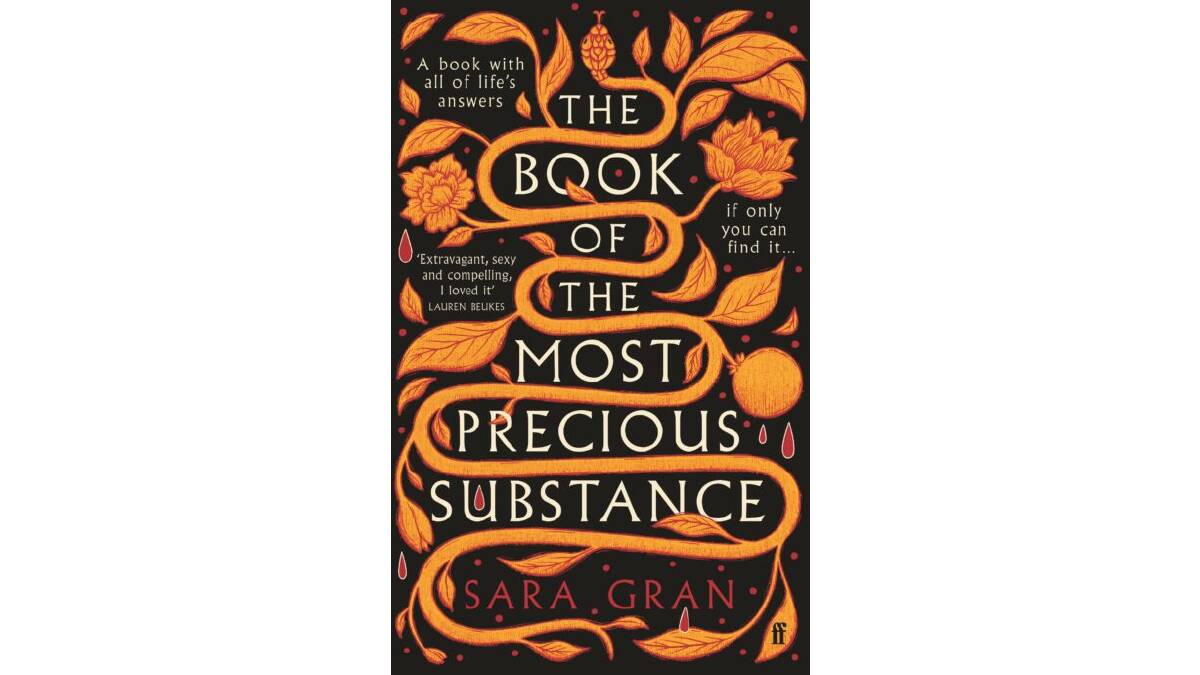
Sara Gran was up for challenge when she set out to write her latest novel, The Book of the Most Precious Substance.
The result is an exhilarating tour de force, that has reviewer Colin Steele spellbound.
It is, he says, "a powerful sexual literary thriller" featuring, of all people, a rare book dealer who is tasked with tracking down an extremely rare early 17th century book, leading her on an occult adventure.
The books that writers depend on
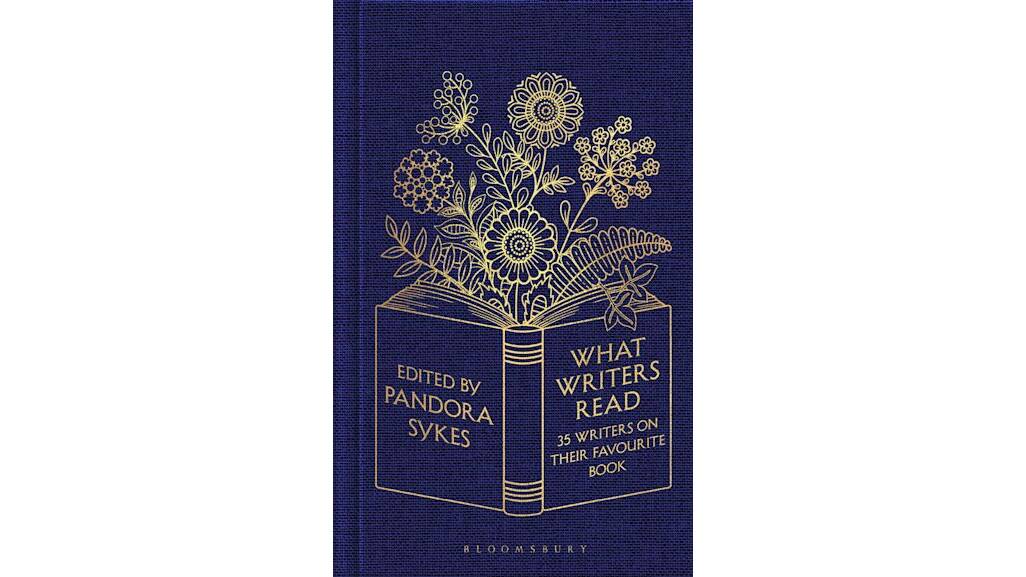
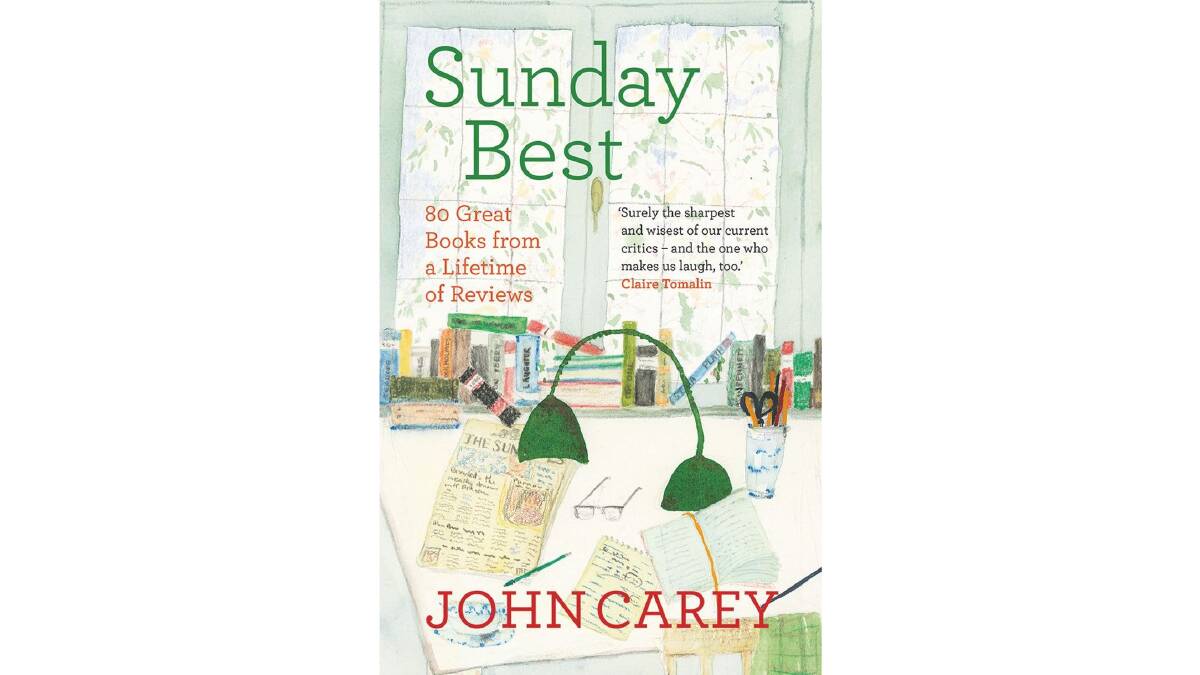
It feels like such a shortcut to understanding greatness, especially for the adoring non-published-authors out there - what is it that writers love to read?
British journalist and woman-about-town Pandora Sykes has made it her mission to find out, asking 35 authors to name their favourite books, and compiling the results in the self-explanatory What Writers Read.
Meanwhile, former Sunday Times reviewer John Carey has compiled a collection of his own reviews, Sunday Best.
It is, writes Colin Steele, "a wonderful collection of the cream of Carey's reviews and, as with the best of reviews, inspires the reader to seek out the books themselves".















